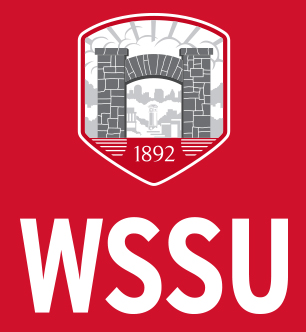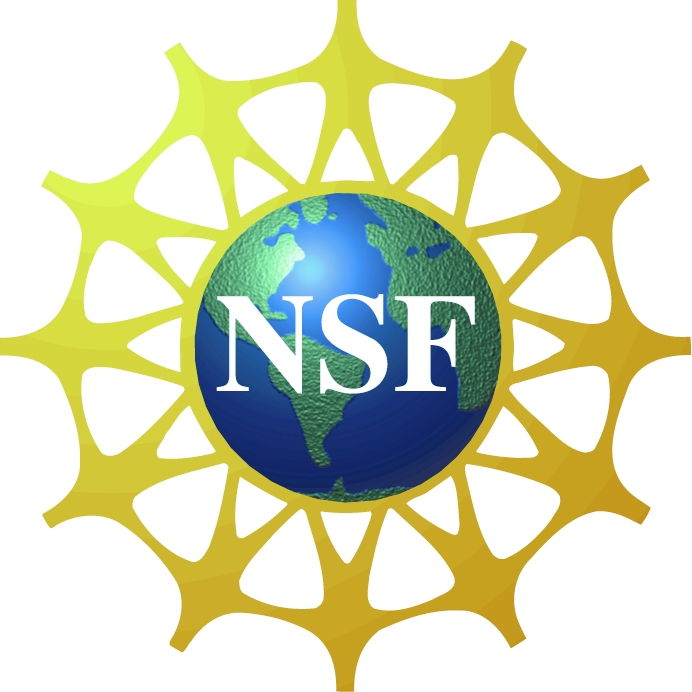NSF Grants DUE-1432438 and DUE-1432257: Project Summary
Overview:
This project is aimed at improving the motivation, engagement, and academic performance of students in STEM disciplines by building software that enables organization of STEM courses using game design principles and mechanisms (called course gamification). Course gamification is about motivating particular student behavior in a course through the use of game elements, such as instant feedback, freedom to fail, freedom of choice, leveling, progress bars, badges, and leaderboards. It is not about creating expensive educational games for a single course topic. The specific objectives of the Gamification project include:
- Implement a course gamification platform that can support the gamification of STEM courses. The software will be based on an online practice and assessment system, which will be extended to support the authoring (by faculty) of dynamically generated exercises with automatic grading as well as selected game design principles and mechanics.
- Develop instructional materials for gamifying modules of two computing courses, Data Structures and Introduction to Database Systems, and one physics course, Principles of Physics. For each, a bank of static and dynamic practice exercises and tests will be developed.
- Evaluate the developed software and created instructional materials to assess their effect on student motivation, engagement, and academic performance.
Intellectual Merit:
Existing studies have shown the positive impact of applying some elements of gamification in learning contexts. However, the existing course management systems only provide extremely minimal support for just a few game mechanisms. This project will create software that helps instructors to integrate gamification in their courses. There will be three specific contributions of this project: 1) an online system which supports game mechanics and automated grading of static and dynamic exercises; 2) a bank of static and dynamic exercises for modules of two undergraduate computing courses and one physics course; and 3) empirical evidence for the educational effectiveness of using course gamification to support engaging learning experiences. The team has extensive experience in Computer Science education and in developing educational software, including the implementation of the online practice and assessment system that will be extended to a course gamification platform.
Broader Impacts:
The project will shed some light on how the gamification logic and mechanisms can be effectively applied to various skills-oriented academic courses. Although targeting undergraduate computing and physics education, the proposed research addresses the game-related motivational mechanisms more broadly. Thus the project can impact the design of gamification systems applicable to a variety of learning contexts and domains. In addition to computing sciences and physics, the proposed software for supporting authoring and automatic grading of dynamic exercises will also benefit mathematics, chemistry, and other STEM disciplines. Course gamification, which leverages extrinsic and intrinsic motivators for engaging and motivating students to learn, has the potential to improve academic performance and contribute to increased retention and graduation rates in STEM disciplines. Therefore, the proposed gamification approach and supporting software will be especially beneficial for HBCUs whose students have lower STEM graduation rates.
The material in this site is based upon work supported by the National Science Foundation under Grant HRD-1623236. Any opinions, findings, and conclusions or recommendations expressed in this material are those of the author(s) and do not necessarily reflect the views of the National Science Foundation.

